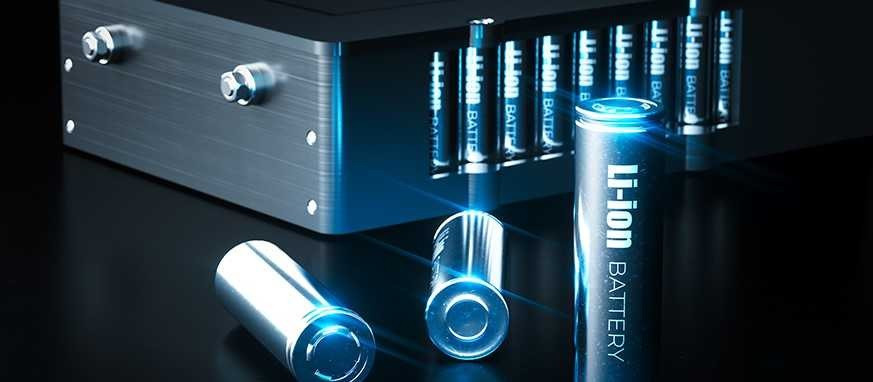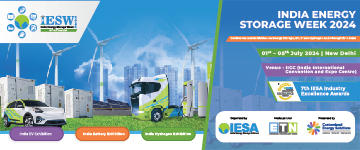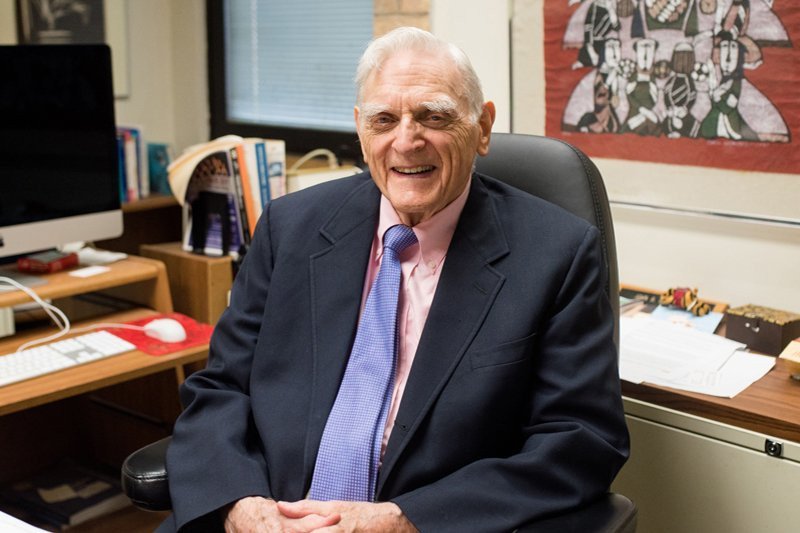Taking the lead: Top 4 prospective players in ACC battery manufacturing
India's energy storage industry is busy chalking out plans for localizing the manufacturing of lithium-ion cells. Here is ETN's top-four pick, from a long list of big players and innovative startups, who are expected to make a head start in ACC battery manufacturing in our country.
Cell-level manufacturing of advanced chemistry Li-ion batteries is perhaps the next 'big leap' that India's energy storage and allied industries are closely looking forward to. The recently announced PLI scheme on ACC battery manufacturing in the country is seen as a game-changer in this direction. With the Department of Heavy Industries issuing the Request for Proposal (RFP) to invite bidders for setting up greenfield manufacturing facilities under the scheme just this month, the focus is now on the manufacturers who are likely to be the maiden beneficiaries, and on the companies that are expected to make this transformational change possible.
Based on ETN's observations on recent happenings in the industry, we reason out why these four companies distinctively stand out in the list of prospective players who are likely to take quick advantage of the PLI scheme on ACC manufacturing.
TDS Lithium-Ion Battery Gujarat Private Limited (TDSG)
A joint venture between Toshiba Corporation, DENSO Corporation, and Suzuki Motor Corporation is in the limelight for establishing India's first Li-ion battery manufacturing plant in Gujarat, which is all set to become operational anytime soon. An investment to the tune of $180 million has been made to produce a "highly safe rechargeable battery with six outstanding characteristics including safety, rapid charging, a wide range of capacity, long life, high input/ output, and low-temperature operations, using oxide-based materials (Lithium Titanium Oxide)", according to the company. Considering the EV plans of mass car manufacturer Maruti Suzuki in India, the significance of TDSG in kick-starting the mass production of Li-ion batteries in the coming decades cannot be ruled out.
Exide Industries
India's largest battery manufacturer Exide is seriously evaluating the Li-ion battery demand and manufacturing scenario in the country. Subir Chakraborty, MD, and CEO, has recently expressed that his company seeks to strike a balance between the existing portfolios of LA batteries and "products of the future". He also indicated that a decision on a lithium-ion cell manufacturing unit will be made before the end of this fiscal. It is reported that the company could be looking at a production capacity of 5-10 GWh under a dedicated JV with a suitable partner.
It is to be noted that Exide has already invested about INR 232 crores in a battery facility established under a joint-venture with Swiss-based Li-ion battery maker Leclanché SA. Since 2018, the JV is offering e-transport solutions using efficient and reliable energy storage solutions. Stefan Louis, CEO and Chief Technical Officer of Nexcharge (Exide Leclanché Pvt. Ltd) has also expressed his keen interest and was awaiting the final RFP to make a "well-informed decision on cell manufacturing in India''. At present, the firm is importing cells from Leclanché's plant in Germany, which are assembled into battery packs at its facility in Prantij near Ahmedabad.
Amara Raja Batteries Limited (ARBL)
Early this year, the country's second-largest automotive battery maker opened a technology hub at Tirupati to develop advanced Li-ion cells. The company has a technology transfer agreement with ISRO since 2019 in this regard. In August, S Vijayanand, President - New Energy wing of Amara Raja, revealed his company's plans to invest about $1 billion in the next 5-7 years towards new energy storage systems such as Li-ion batteries to the tune of a 10-12 GWh facility under the PLI scheme for ACC. However, the company is also clear that the growth of Li-ion technology is expected to be gradual and that lead-acid batteries will continue to dominate market share in the coming years. Every year, the company is making about ₹500 crore investments on Capex and to sustain existing business portfolios.
Amperex Technology Limited (ATL)
Japan-based ATL is a leading producer and innovator of Li-ion batteries at the global level. A year ago, the company acquired 180-acre land near Gurugram for about ₹550 crore to set up a production facility for Lithium-ion Polymer (LIP) batteries. It is reported that ATL is planning to invest ₹7,000 crore in the coming years to supply ACC batteries for a wide range of applications including smartphones, two- and three-wheeler vehicles.
Supply of raw materials and recycling
With battery manufacturers pushing for mass production of Li-ion batteries in India, a localized and vibrant supply is crucial. This includes the economically-viable supply of locally-sourced raw materials and extraction of key minerals from sustainable recycling of used battery storage systems in the country. In this regard, we can identify some promising players, including Manikaran Power Ltd, a power trading and renewable energy company that is investing $300 million to set up a facility to produce battery-grade lithium hydroxide – producing about 20,000 Lithium Carbonate Equivalent (LCE) - out of imported lithium ore from Australia
Another company named Epsilon Carbon, a Mumbai-based manufacturer of coal tar derivatives, is commencing the production of synthetic graphite anode material for Li-ion batteries. Initially, the company will produce 15,000 TPA of mesophase meant for anode manufacturers, and gradually move ahead to supply the graphite material directly to battery manufacturers.
Tata Chemicals Limited, on the other hand, is expected to step up its Li-ion battery recycling units in the coming years, which is a source of metal salts that find wide applications in the production of energy storage systems. This includes putting back Lithium Carbonate (Li2CO3), Cobalt Sulfate (CoSO4), and Nickel Hydroxide (NiOH2) - extracted from used batteries - into the battery manufacturing supply chain.
























